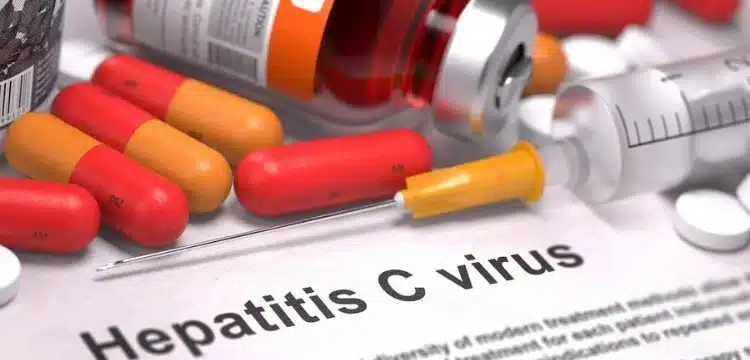[vc_row][vc_column][vc_column_text dp_text_size=”size-4″]During a World Hepatitis Day awareness seminar hosted by Dr. Ziauddin Hospital, Dr. Zulfiqar Dharejo, the additional director of the Center for Disease Control (CDC) Hepatitis Control Programme in Sindh, stressed the importance of seeking treatment for illnesses before they become a threat to public health. The event aimed to shed light on the global impact of hepatitis and underscored the significance of early detection and preventive measures.
Throughout the seminar, Dr. Dharejo emphasized the proactive efforts of the Sindh government in providing free vaccines and treatments for hepatitis. Prof. Dr. Abbas Zafar, Dean of the Faculty of Health Sciences at Ziauddin University, emphasized that early diagnosis is crucial for effective treatments and urged all individuals to undergo testing.
Prof. Zaigham Abbas, head of Ziauddin University’s Department of Hepatology and Gastroenterology, provided valuable insights into the transmission of hepatitis B and C. He identified critical sources of spread, including infected blood transfusion, reuse of unsterilized syringes or surgical equipment, lack of proper sterilization facilities, and the prevalence of quackery.Dr. Khurram Baqai, Assistant Professor of Gastroenterology at Ziauddin University, highlighted Pakistan’s heavy burden of hepatitis C, with over 10 million cases and 5 million hepatitis B carriers. He presented a compelling statistic: by 2030, low- and middle-income countries have the potential to prevent an estimated 4.5 million premature deaths through focused efforts on vaccination, diagnostic tests, medicines, and comprehensive education campaigns.
Also Read: CDA Sells Rs. 3.8 Billion Plots in Two Days for New Food Street
Dr. Fatima Jehangir, Chair of Ziauddin University’s Department of Family Medicine, emphasized preventive strategies for hepatitis A and E, stressing the significance of regular handwashing with soap and the consumption of clean water and food. These simple steps can effectively curb the transmission of these types of hepatitis.
Overall, the seminar provided a platform for healthcare professionals and experts to raise awareness about the seriousness of hepatitis infections, advocate for early detection, and encourage the implementation of preventive measures.[/vc_column_text][/vc_column][/vc_row]











